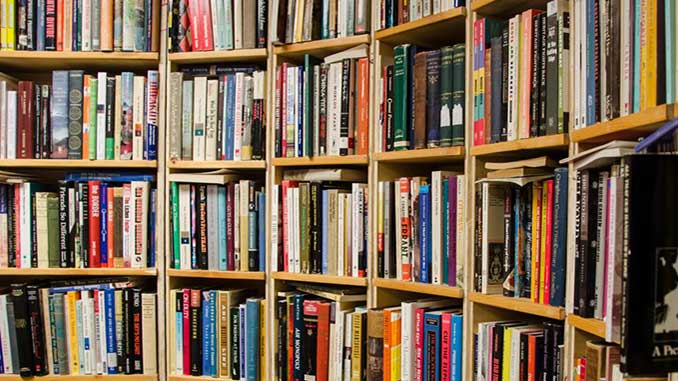 There are more people with Irish heritage in Australia than anywhere outside Ireland and new research is uncovering the many ways that Irish immigrants have influenced both Australia’s culture and identity.
There are more people with Irish heritage in Australia than anywhere outside Ireland and new research is uncovering the many ways that Irish immigrants have influenced both Australia’s culture and identity.
A special recently-published issue of Australian Literary Studies examines the Uses of Irish-Australian literature in thinking about ways of being Australian.
Editors Professor Ronan McDonald from the University of Melbourne and Associate Professor Maggie Nolan from Australian Catholic University found Irishness comes through in much more diverse ways than the stereotypes might suggest.
“Irish heritage is often credited with the anti-authoritarian streak in Australian culture, but it’s influence is much more complex than a rebellious streak or liking for the larrikin,” said Associate Professor Nolan.
“Irish heritage can be seen in Indigenous writing, in settler culture, in issues of religious conflict, and in Australian concepts of belonging and exile. It is present in writers as diverse as Vincent Buckley, Gerald Murnane, Thomas Keneally and Alexis Wright,” she said.
Irish-Australian identity is unusual in that it is at once oppositional to mainstream Australian identity but also deeply constitutive of it. “In Australia, we talk about Anglo-Celtic culture as a central identity. That’s not a term you would hear anywhere else in the world,” said Associate Professor Nolan.
“We tend to group the Irish in with the British in comparison to later waves of multicultural migrants. We often subsume Irish identity into the mainstream.”
“Alertness to Irishness as a sort of ‘internal other’, which is also and magically intrinsic and identical with white Australia, deepens our understanding of the play of difference and sameness in the national imagination.”
“It reminds us that Australia grows out of a very complex interplay of division and discrimination which is periodically forgotten or elided. Deeper understanding of those cultural processes, help us to understand the dynamics of cultural encounter and absorption, and in turn influences subsequent waves of migration and division in our society,” said Nolan
Associate Professor Nolan said looking at writing which combined Irish and Aboriginal influences could challenge simplistic understandings of whiteness and white-Indigenous relations in Australia.
“We may be reaching a stage where we can break down the stultifying binary thinking that separates Indigenous writing from other parts of Australian literature and recognises the complexity of mixtures. Irish-Aboriginal writing has the potential to decentre the nation,” she said.
For example, Alexis Wright’s Miles Franklin winning novel Carpentaria has been widely read as Indigenous literature, but it also contains a pivotal scene based around the character of an Irish Catholic priest. Wright has Indigenous, Chinese and Irish ancestors.
Professor McDonald said the traditional identification of the Irish with the underdog came undone to some extent in Australia. “The Irish have certainly been historical victims of British colonialism, but they have also been beneficiaries of settler-colonialism in Australia,” he said.
Looking at the work of 20th century poet Vincent Buckley, who wrote extensively about Irish-Australian culture, he said, Indigenous Australia shadowed his thinking about Irish colonialism, “but in a more fraught and culpable way than simply through assertions of shared victimhood.”
Rethinking Irish-Australian identity
Professor Ronan McDonald, University of Melbourne and Associate Professor Maggie Nolan, Australian Catholic University
Image: Bookcase full of books (sourced)
